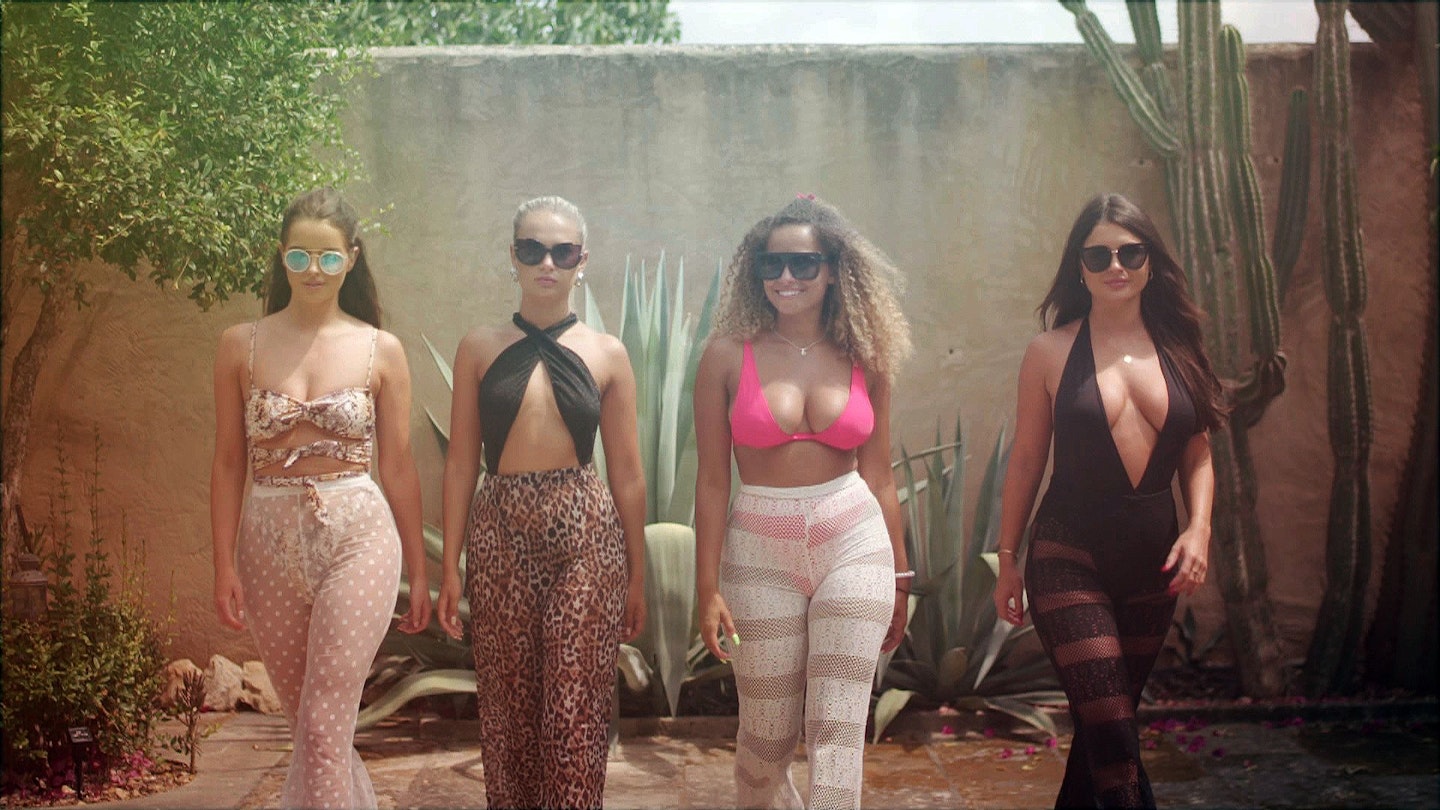It’s the gig every fast fashion brand would kill for. As Love Island lands back on our screens after a year-and-a-half hiatus, contestants will once again be kitted out by ISAWITFIRST– and viewers invited to shop the outfits. A quick glance at the stats reveals why a partnership with the most-watched show of the summer is such a hot ticket: in previous years, the brand has seen a 67% increase in sales and 254% increase in Instagram followers (not to mention an immeasurable boost in name recognition). Shoppable reality TV is clearly a stroke of marketing genius… and a sustainable fashion nightmare.

Launched in 2017, I Saw It First is a relative newcomer, but its roots in the industry run deep. Founder Jamal Kamani is part of Manchester’s premier fast-fashion dynasty, having built up the Boohoo Group with his brother Mahmud (plus nephews Umar and Adam) before eventually selling his stake. Much like its predecessors, ISAWITFIRST hawks ultra-sexy, low-cost clothing that’s made for holidays, parties and posting on Instagram. With its endless product churn, questionable supply chains and over-familiar tone of voice that encourages over-purchasing (‘It’s Splurge Weekend!’, ‘Treat Yourself!’), the brand and its competitors make traditional high-street stores look like the good guys.
No one expects Love Island to be a beacon of righteousness, but its recent commitment to contestants’ mental health suggests producers are willing to make changes when pressure is applied
Where these online-only fast-fashion labels really trump the likes of H&M and Zara is in the minimal overhead costs that allow them to pump unholy amounts of cash into marketing. And their determination to reach their ‘influenceable’ target audience at every possible opportunity has resulted in a menage à trois between reality TV, social media and super-fast fashion, as brands sponsor hit shows and then offer six-figure contracts to the breakout stars in exchange for Instagram ads.
No one expects Love Island to be a beacon of righteousness, but its recent commitment to contestants’ mental health suggests producers are willing to make changes when pressure is applied. So, is it time now to call for the show to end its endorsement of single-use clothing and advocate for slower, more sustainable fashion?
If Love Island truly wishes to atone for past sins, then perhaps it might adopt the most radical proposal of all: re-wearing
In reality, the most sustainable clothes are the ones already in your wardrobe, and I’d imagine that the incoming islanders already have plenty of outfits they could bring along to the villa. But if the idea is for the show to make a statement, then that calls for a more inventive approach. An easy place to start would be swapping ‘shop the look’ for ‘borrow the look’ and partnering with a fashion-for-hire platform like Rotaro or Hurr. The outfits worn around the firepit and sold on ISAWITFIRST are not exactly everyday staples – rather the kind that are typically bought, photographed and then forgotten. Having the option to rent islanders’ outfits, rather than purchase them, would satiate any hunger for newness without adding to the waste stream.

Of course, not all items are made for sharing ¬– namely the swimsuits the islanders spend a good chunk of their time in. In this case, it’d be great to see the Love Island women in a sustainable, small-batch bikini brand, such as Peony, whose pieces are made from recycled fibres, or a more size-inclusive option like Ayla Swim. The retail price of a sustainably and ethically made swimsuit, which better reflects the costs of labour and manufacture, is admittedly several times more than one from ISAWITFIRST – so while the average Love Island viewer may not be able to afford five of them, the hope is they’d be encouraged to see a bikini as an investment for the long term, not just a single summer.

However, if Love Island truly wishes to atone for past sins, then perhaps it might adopt the most radical proposal of all: re-wearing. Each islander should be given a tight capsule wardrobe of pre-selected pieces for their entire time on the show – and have no choice but to recycle them. Want a new outfit for a hot date? You’ll have to get creative. Layer items, even swap with fellow islanders, but absolutely No New Clothes. Go a step further and have the contestants do their own laundry, devoting a fraction of their lounging hours to handwashing, steaming and stain-removing, or taking their clothes to get mended. It sounds dull and deceptively simple, but the act of repairing and re-wearing is one of the most effective ways to reduce the carbon emissions of our clothes and show respect for the people who made them.

Critiquing the environmental impact of a show that’s meant to be little more than light relief might seem naggish and po-faced. But Love Island has long been a conduit for conversations on serious subjects – consent, gaslighting, racism – and perhaps now its throwaway attitude to clothes can become a Twitter talking point. Fast fashion’s terrifying carbon footprint and recent ‘revelations’ about working conditions in Leicester may not have turned ITV off another lucrative brand partnership this time around – but they’re a growing concern for many of the young people who tune in. Let’s hope next season will provide all the sun, sex and antics we’ve come to expect from Love Island – just with clothes that are kinder to the planet.
SEE: The Best Fashion Rental And Second Hand Shopping Destinations
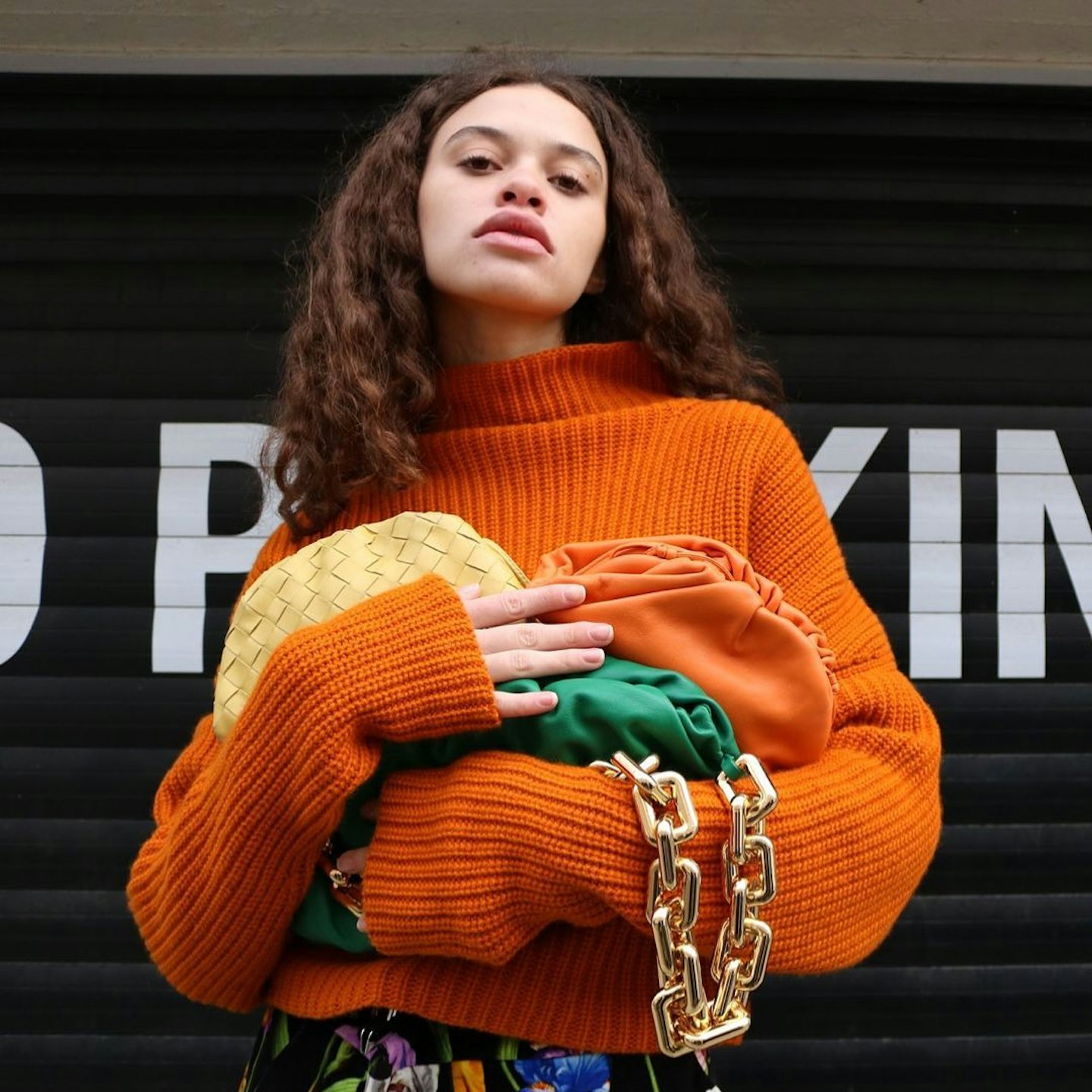 1 of 12
1 of 12Sign Of The Times
With more and more importance placed on shopping sustainably, if you're looking to buy and sell preloved designer clothing, bags, shoes and accessories, check out SOTT.
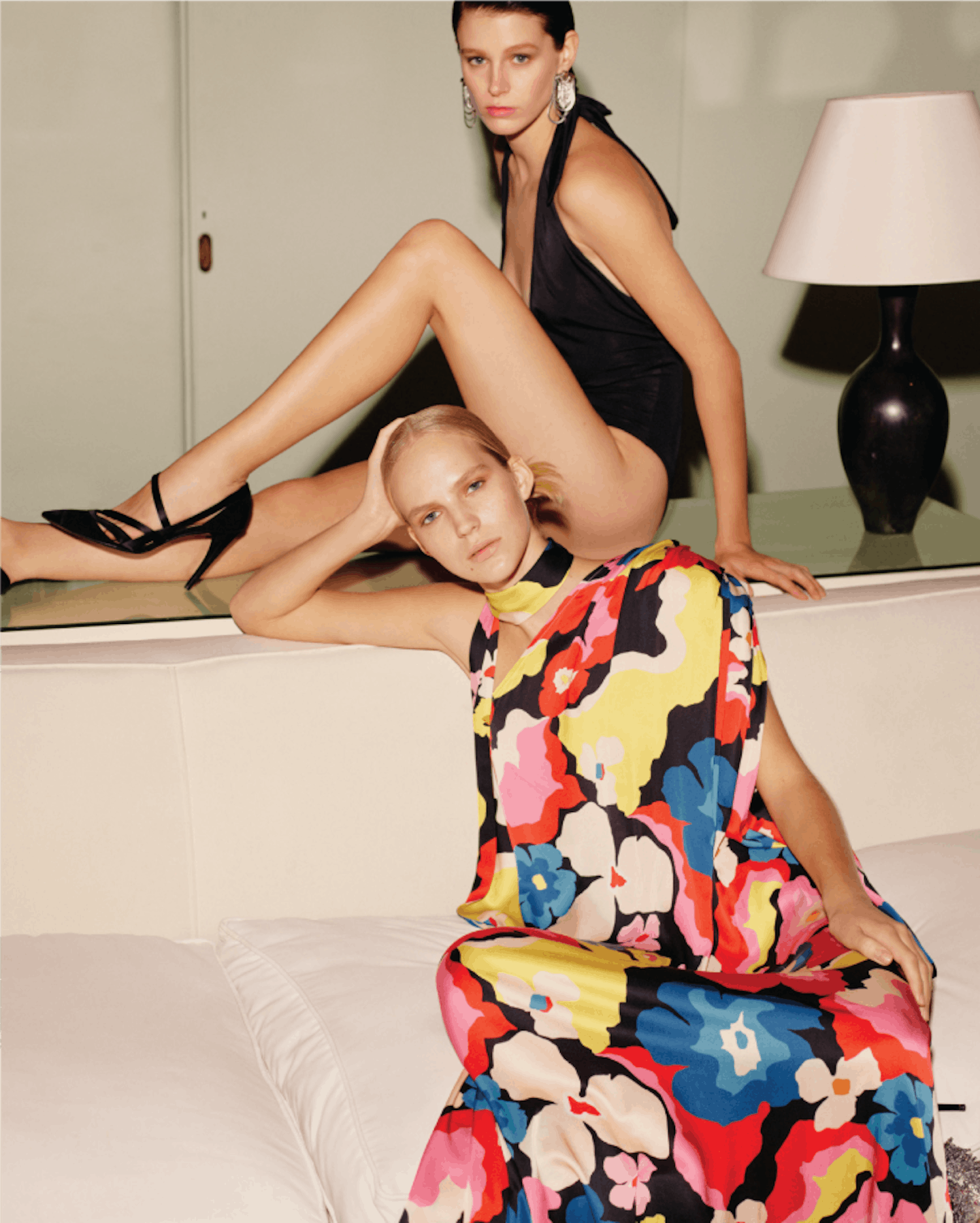 2 of 12
2 of 12DCEY
DCEY encourages customers to rent, mindfully shop and have access to environmentally sustainable products. Browse hundreds of styles from international brands such as Cult Gaia, Staud and Coperni.
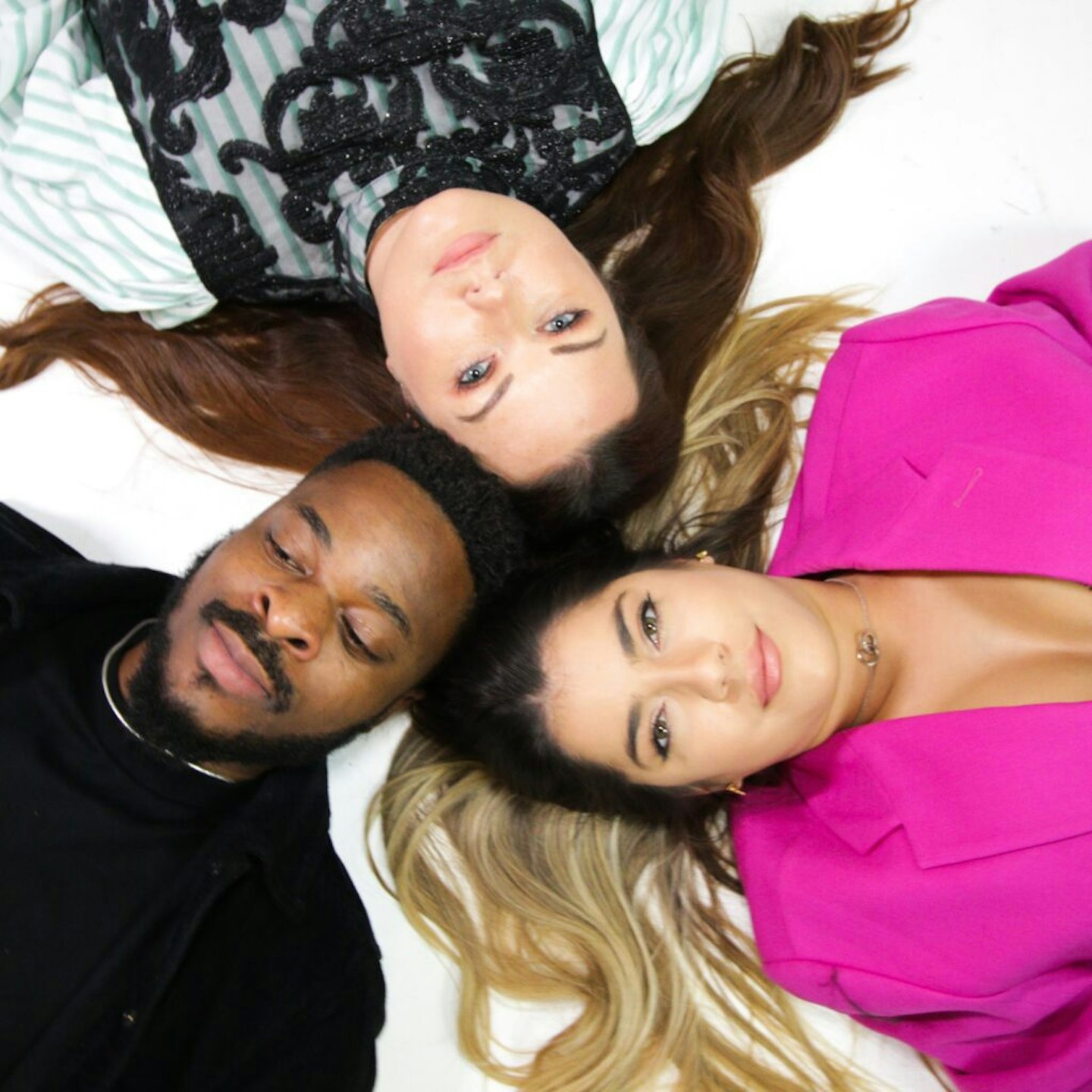 3 of 12
3 of 12NTH Collective
An online community where users can buy and sell high quality pre-loved items. Unlike buying new sustainable clothing or renting new pieces of clothing for a night, the NTH collective lets customers buy and sell existing premium clothes, significantly reducing carbon, water and waste footprints as well as negative societal impacts.
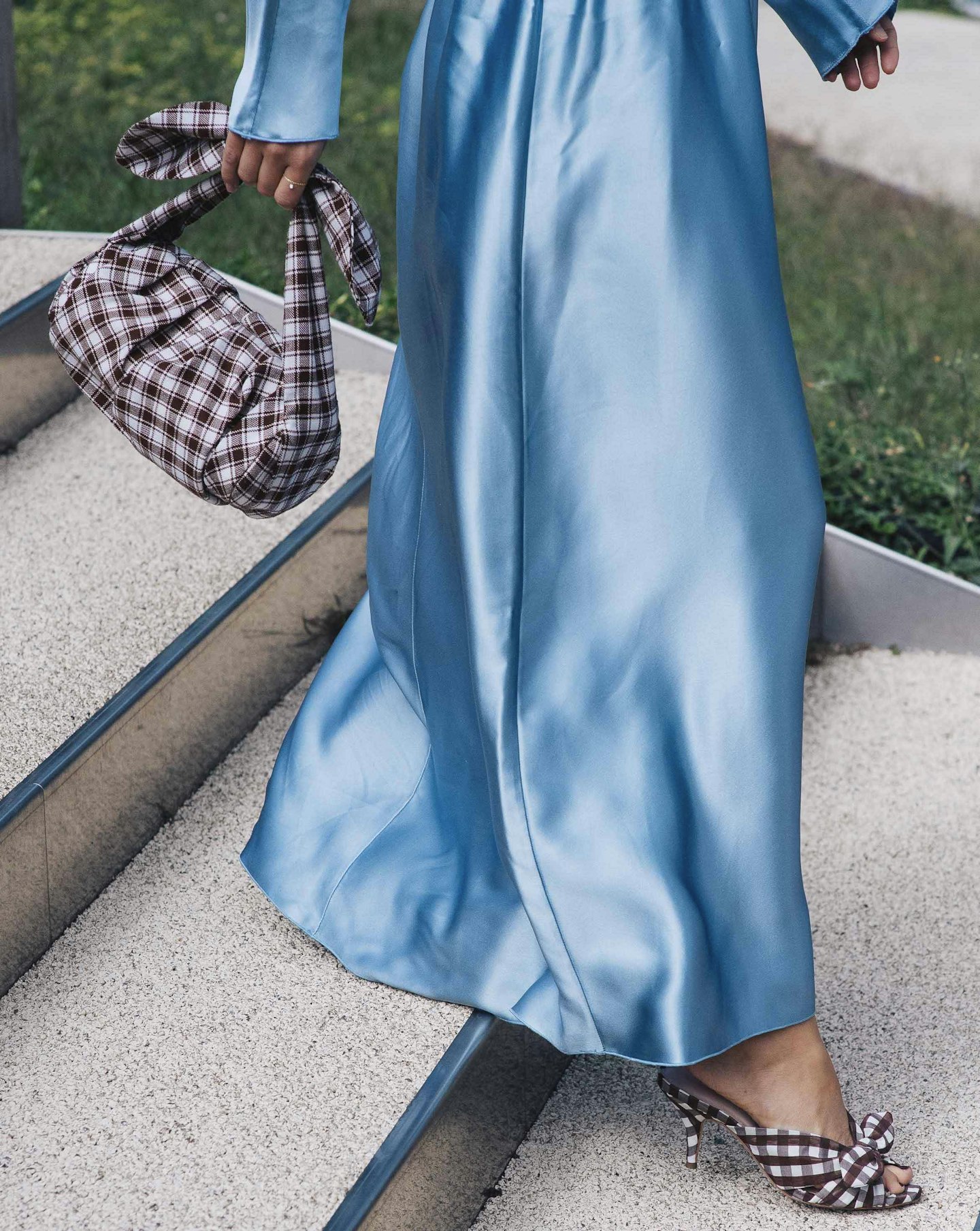 4 of 12
4 of 12Hurr Collective
The UK's first peer-to-peer wardrobe rental platform. HURR COLLECTIVE is for members to rent and lend their wardrobes, making economic and environmental sense. From Chanel to Uterqüe, there's something for every price range.
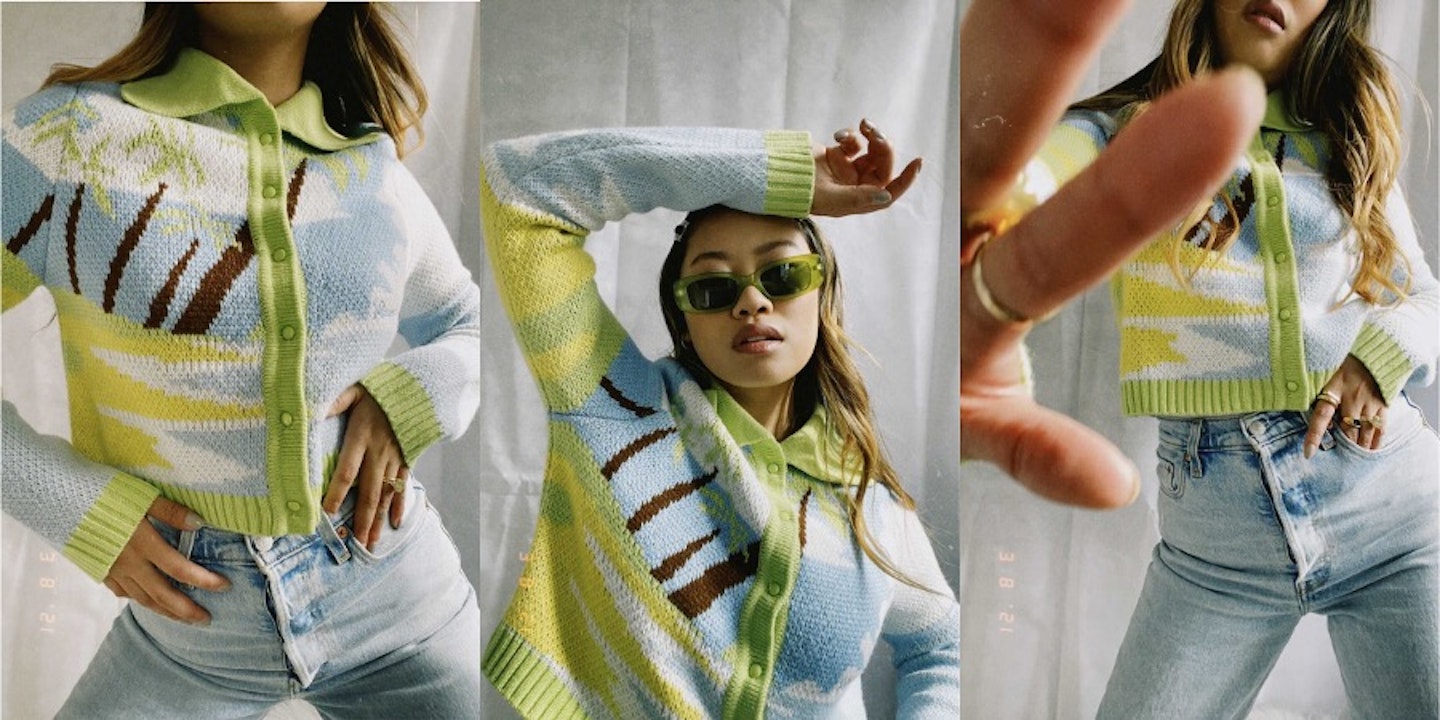 5 of 12
5 of 12Endless Wardrobe
Rent, Wear, Return. ENDLESS WARDROBE allows you to tailor your rental time. Choose from a 4, 10 or 16-day rental period. And, for anyone that's a bit clumsy, amazingly, you won't be charged for damage or stains. Red wine is your friend again.
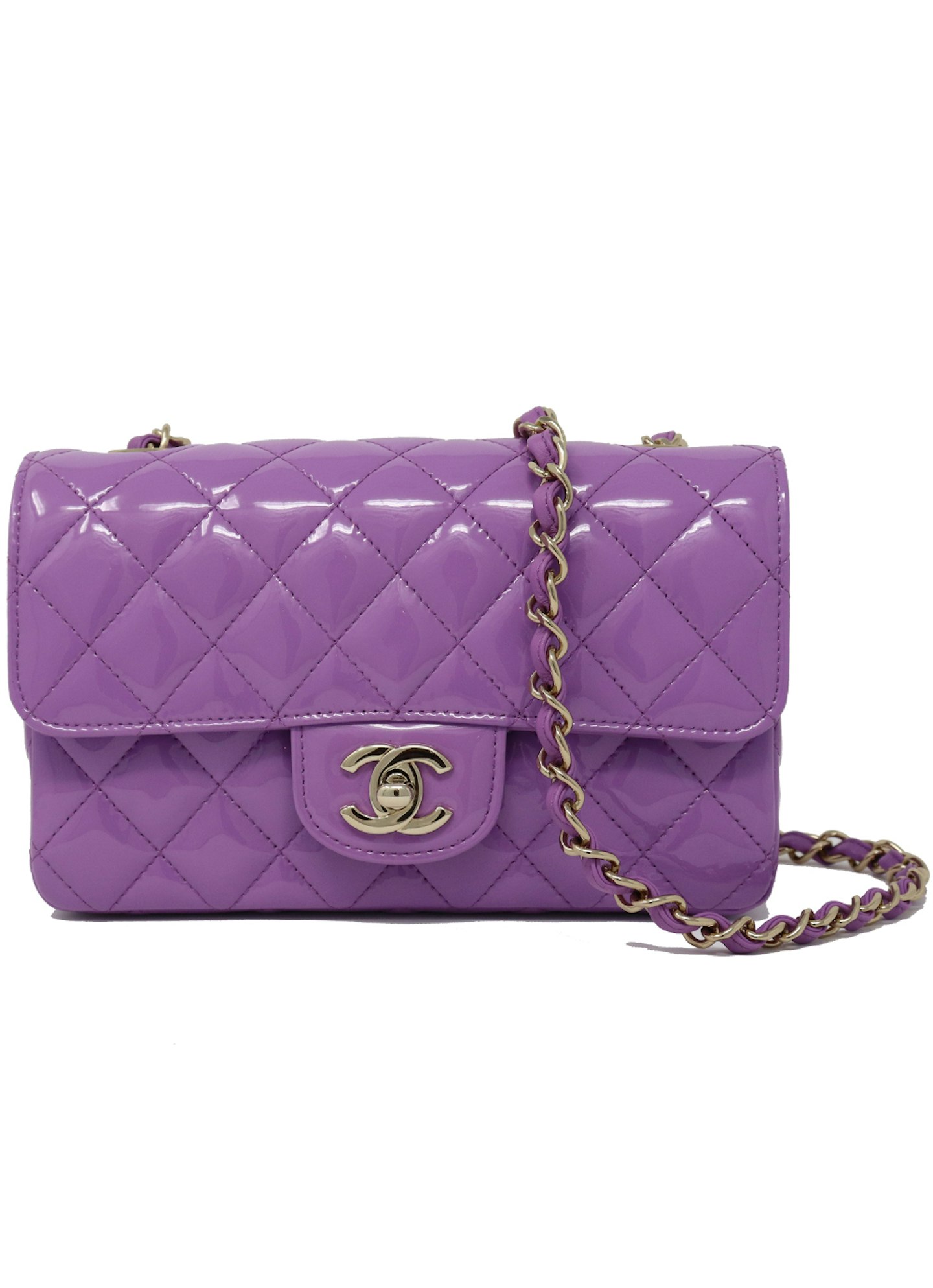 6 of 12
6 of 12Bagbutler
Take the first step towards sustainable fashion. Bagbutler specialises in handbags and accessories, giving you the opportunity to rent everything from Chanel bags to Dior jewellery.
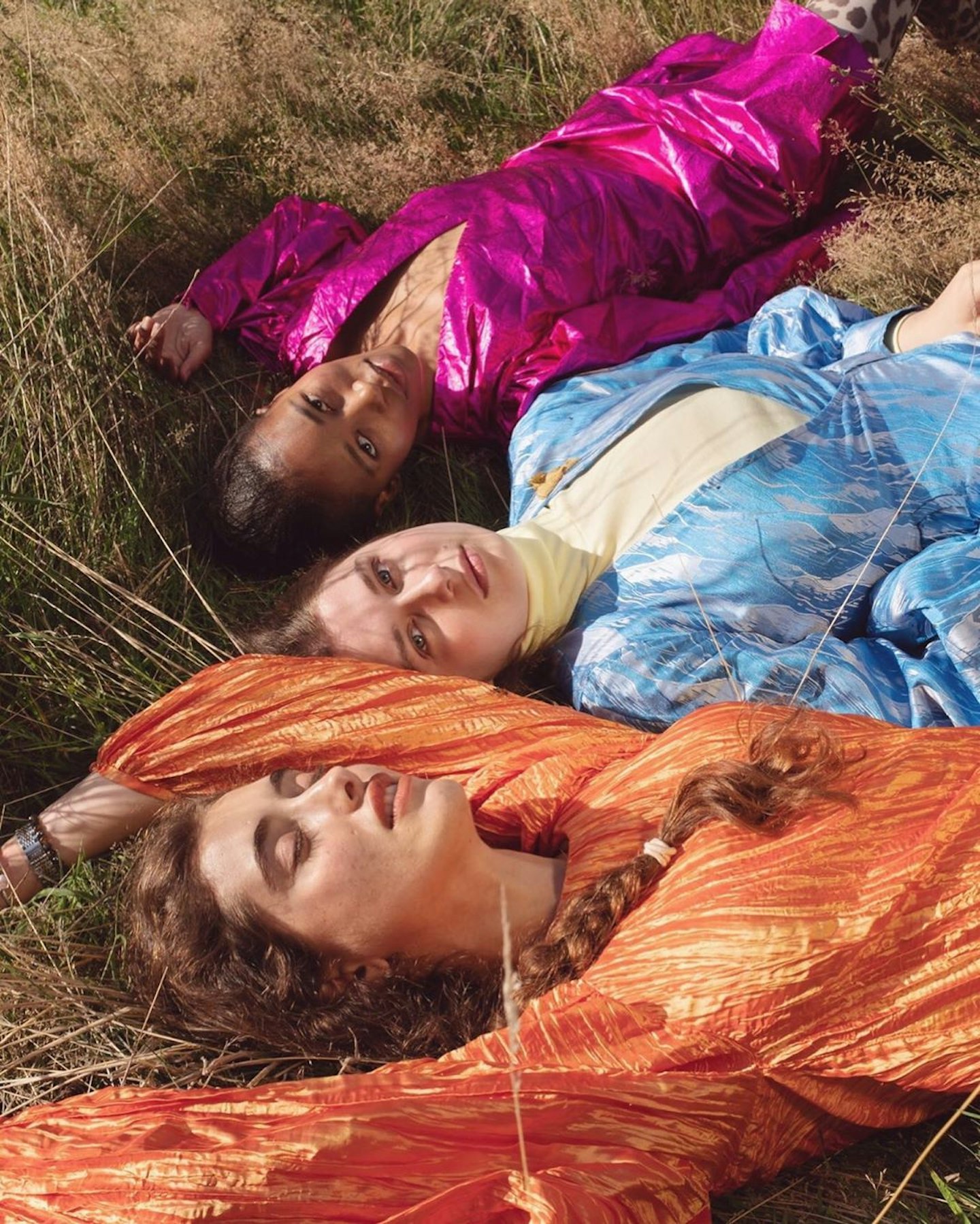 7 of 12
7 of 12Rotaro
Rent, Reduce, Repeat. ROTARO's carefully curated selection of contemporary luxury designers work for multiple occasions, work events, holidays or as a platform to discover new brands... Designers include: Rixo, Ganni, Reformation, Cult Gaia, Cecilie Bahnsen and Stine Goya, with weekly product drops. Items cost between £15 for a 4 day loan and £80 for a 12 day period, with the option to extend. ROTARO also offer a try at home service, where you can choose two dresses and return the one you don't wear.
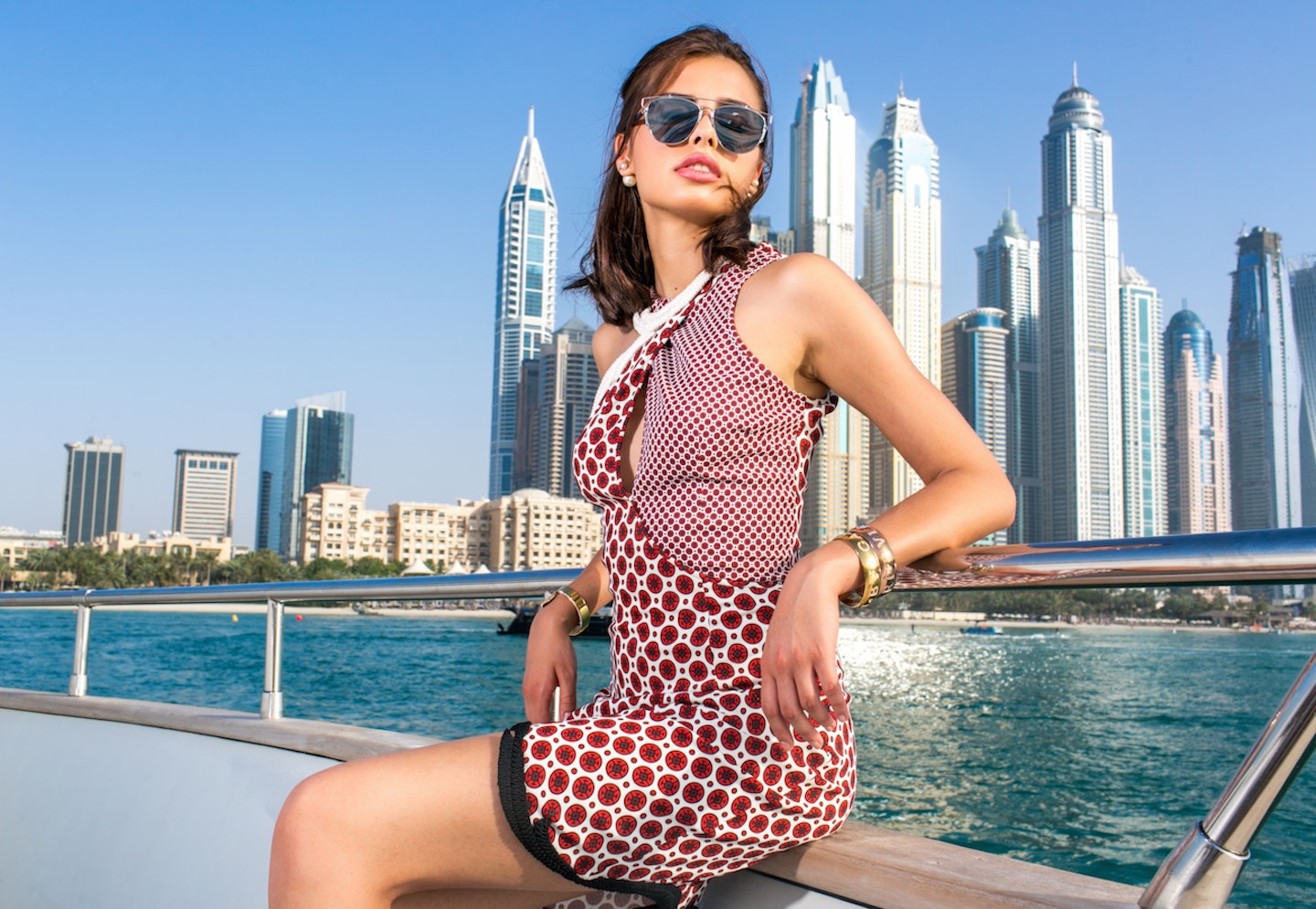 8 of 12
8 of 12FRONT ROW
#SeeItLoveItRentIt. FRONT ROW'S mission is to provide a lifestyle service that eliminates the age - old question "Will I ever wear this again?" Featuring up-and-comers and established favourites including Chanel, Fendi, Jenny Packham, Roland Mouret. FRONT ROW offer a rental period of five days, however this can be tailored to your needs.
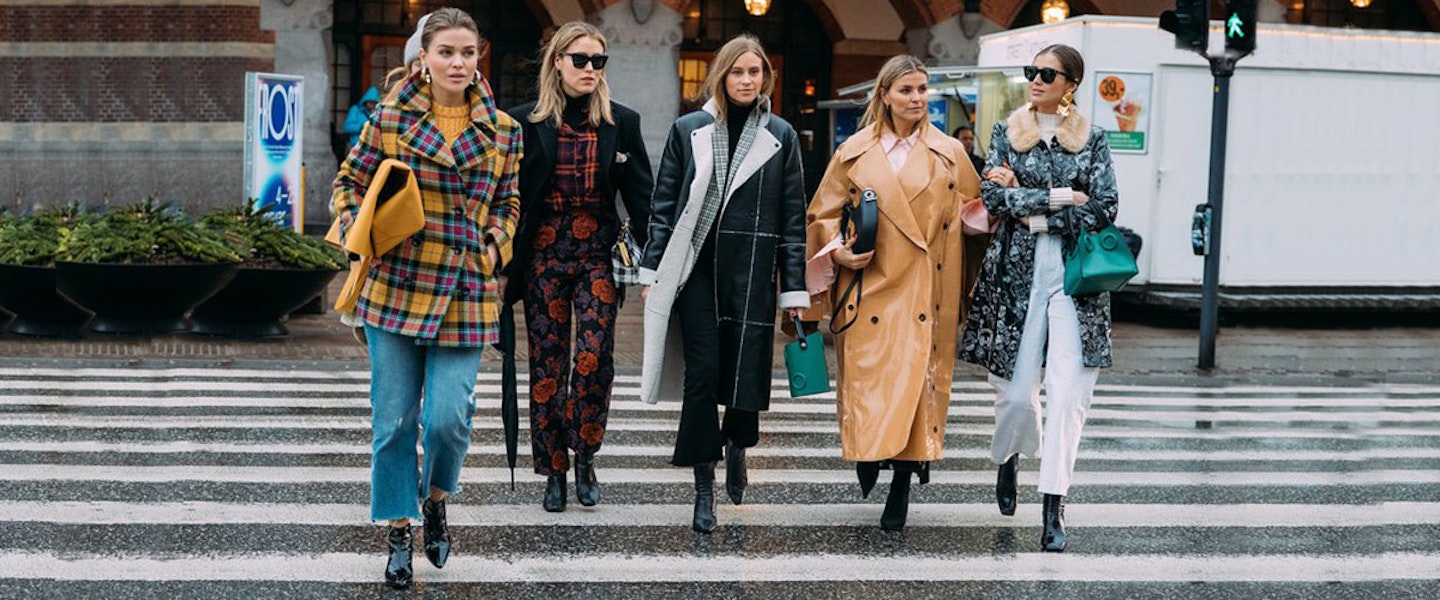 9 of 12
9 of 12My WardrobeHQ
Buy less, buy better, rent it out. MY WARDROBE HQ is a social community for buying, selling and renting designer items. Customers can shop womenswear clothing and accessories from the wardrobes of Poppy and Chloe Delevingne, Olivia Buckingham, Arizona Muse, as well as fashion stylists and influencers.
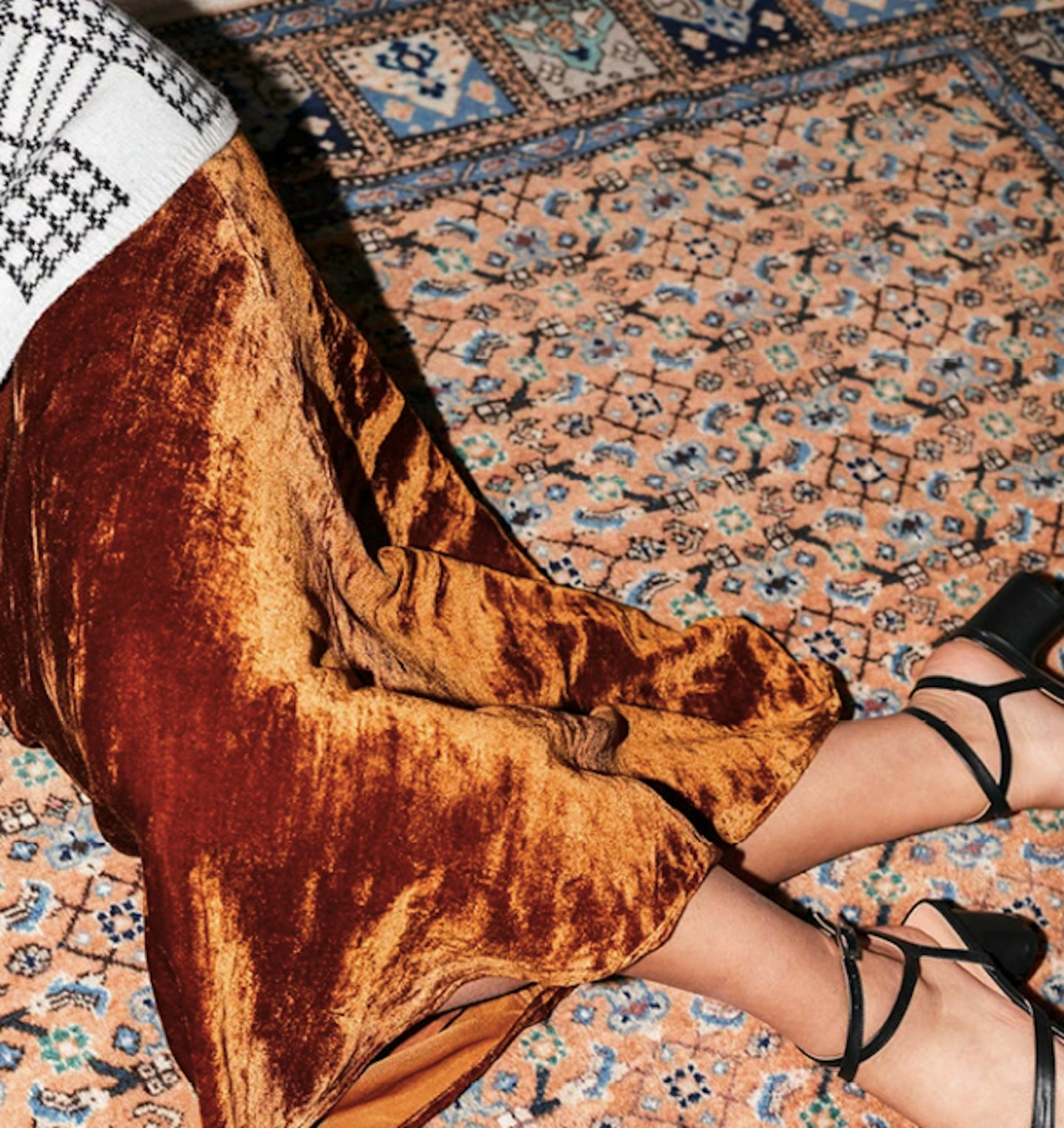 10 of 12
10 of 12Onloan
Cool clothes on subscription. ONLOAN was created by two girlfriends, with a shared mission to reduce waste, curate brilliant independent designers and reignite a love of clothes without the guilt.
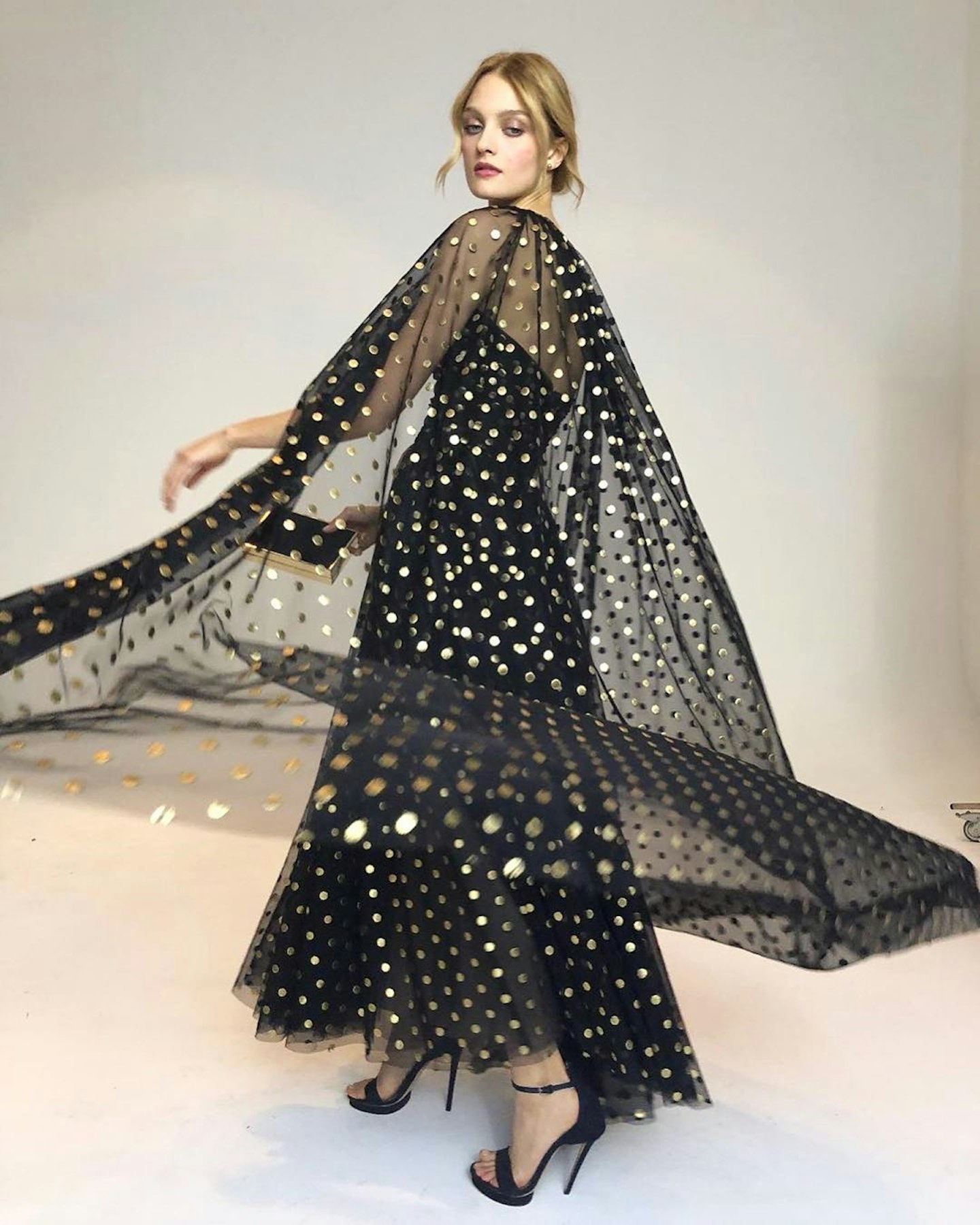 11 of 12
11 of 12By Rotation
Rotate your wardrobe at your fingertips. BY ROTATION is the UK's first and only peer-to-peer fashion rental app. No subscription fee and no waiting list. Do good for the planet, your wardrobe and wallet at the same time.
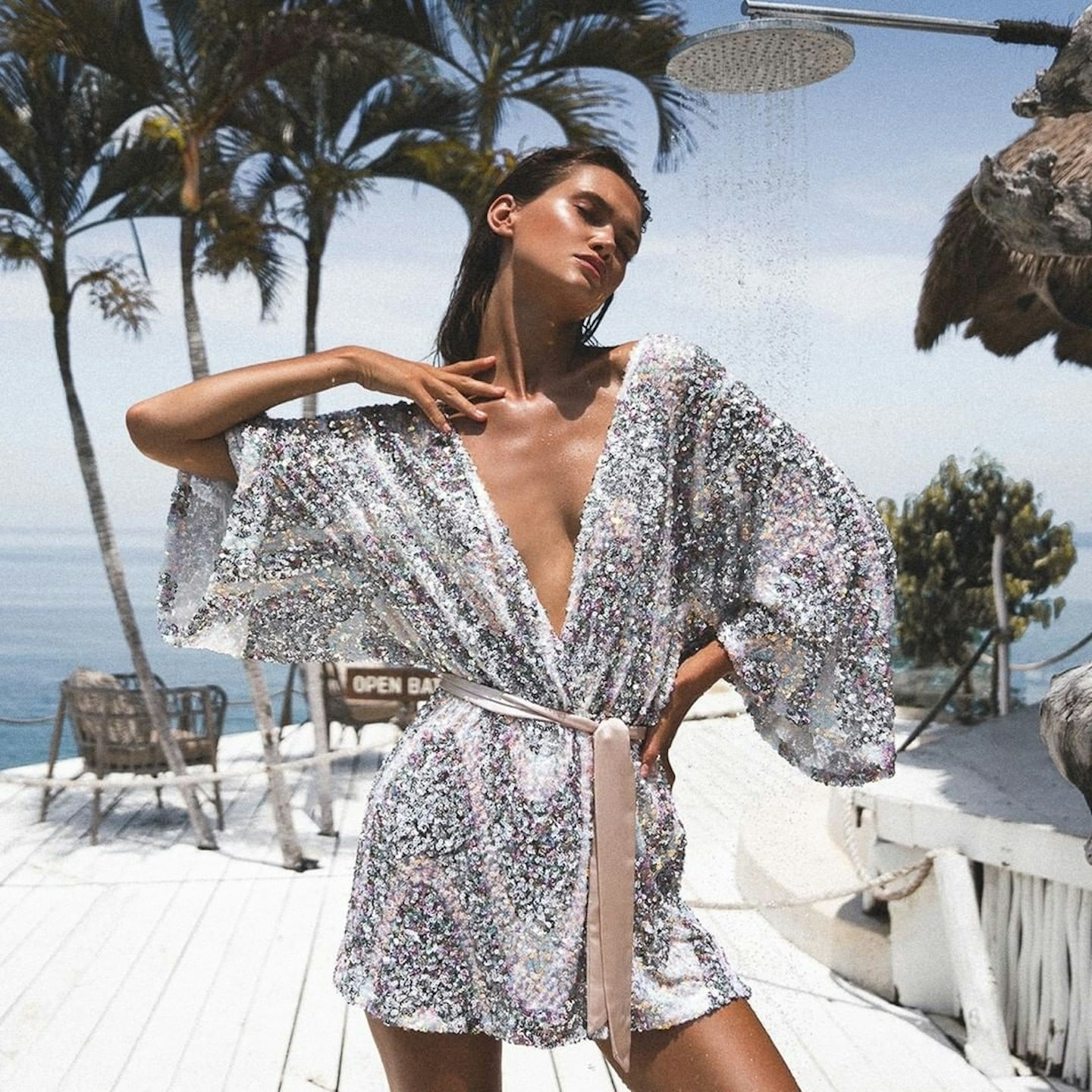 12 of 12
12 of 12Hirestreet
Own your style. Not your outfit. HIRESTREET might be a new rental platform, but it's already made a significant mark on sustainable premium fashion. The brand is conscious of building a community and empowering women is echoed in its broad range of sizes.
